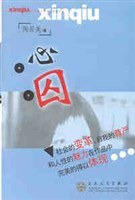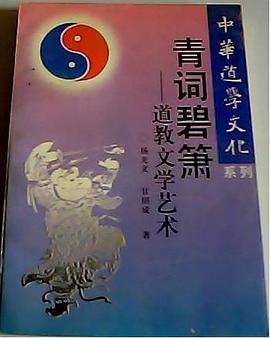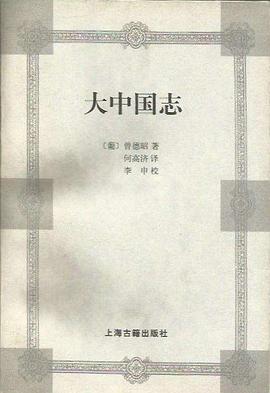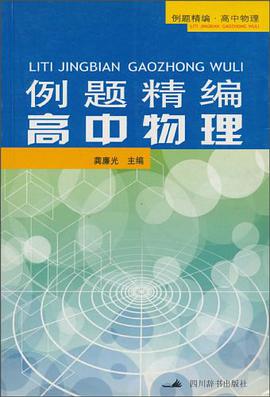

Janet Carsten offers a vivid and original investigation of nature and kinship in Malaysia, based on her own experience of life as a fister daughter in a family on the island of Langkawi. Kinship relations are crucial to personal and social identity, and in Malaya culture identity is mutable and fluid: it is given at birth through ties of procreation, but is also aquired throughout life by living together and sharing food. The author shows that the heat of the hearth is not only necessary for the cooking and sharing of food, but central to domestic life, including childbirth and reproduction. Kinship is a process not a state; people become kin largely through the everyday actions of women in and between the households. The incorporation and assimilation of newcomers-'making kinship'-is central to the social reproduction of village communities; domestic life is thus central to the political process. Janet Carsten gives the reader a fascinating 'anthropology of everyday life', including a compelling view of gender relations; she urges reassessment of recent anthropological work on gender, and a new approach to the study of kinship.
具体描述
读后感
评分
评分
评分
评分
用户评价
thought-provoking discussion on kinship althouth not equally satisfactory on personhood
评分和利奇的思路很像,并在此基础上有所延伸——看到心智结构在现实中如何呈现,并且更加强调这种呈现的物质性与日常生活特质。
评分thought-provoking discussion on kinship althouth not equally satisfactory on personhood
评分thought-provoking discussion on kinship althouth not equally satisfactory on personhood
评分thought-provoking discussion on kinship althouth not equally satisfactory on personhood
相关图书
本站所有内容均为互联网搜索引擎提供的公开搜索信息,本站不存储任何数据与内容,任何内容与数据均与本站无关,如有需要请联系相关搜索引擎包括但不限于百度,google,bing,sogou 等
© 2025 book.wenda123.org All Rights Reserved. 图书目录大全 版权所有




















